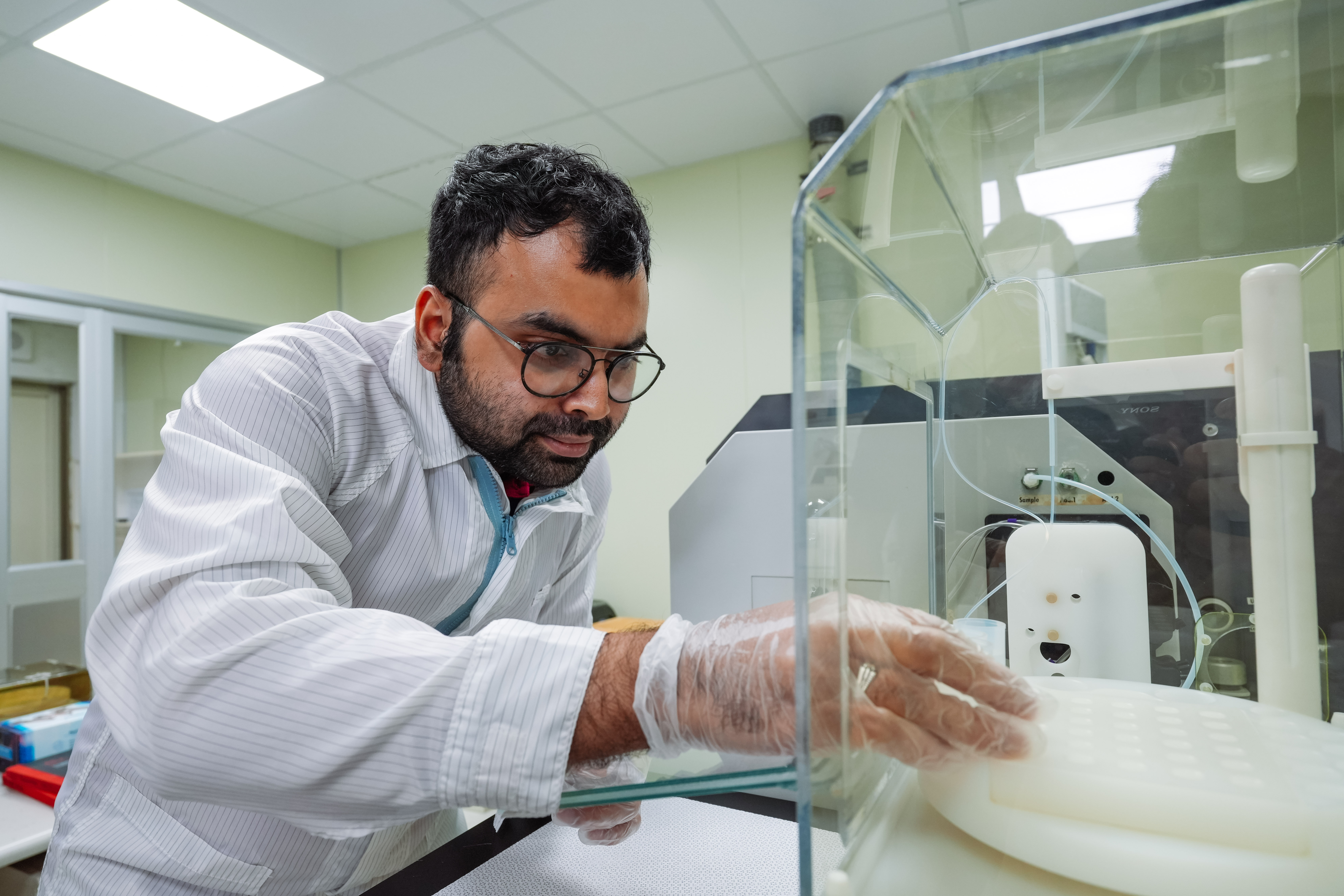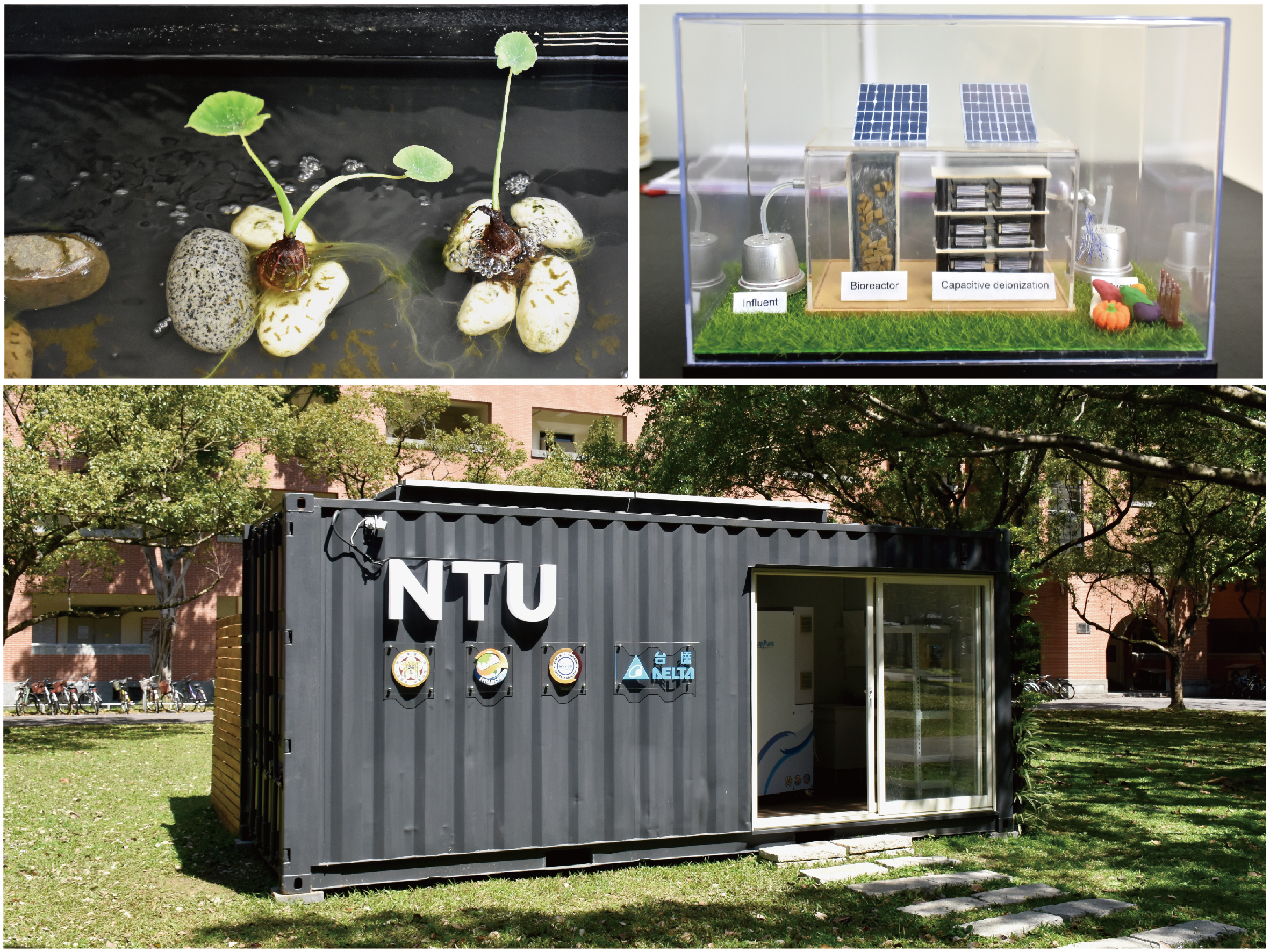Due to Taiwan’s exceptional geographical location and geological setting, it holds the top position globally in terms of the risk posed by natural disasters. Moreover, Taiwan is experiencing the effects of global warming at a significantly higher rate than the global average. This situation presents Taiwan as an ideal natural laboratory for studying the interconnected dynamics of the environment, biology, and society within the context of global change.
With the aim of addressing these challenges and driven by its three guiding pillars of Innovative Research, Talent Cultivation, and International Cooperation, the NTU Research Center for Future Earth (RCFE) envisions the integration of 8 departments and 28 experts from diverse fields. Their collective efforts will be directed towards undertaking multiple cutting-edge research projects. These initiatives will involve analyzing environmental changes occurring in Taiwan and its neighboring regions, encompassing areas such as climate, hydrology, landforms, and soil. Additionally, the RCFE will be devoted to the development of efficient and clean water recycling technologies. The center will also prioritize endeavors related to carbon neutrality and technological innovations, talent development, social engagement, and scientific research. Recognizing humanity’s growing need for adaptation and action in the face of an ever-changing environment, the RCFE actively collaborates with international institutions to provide scientific solutions that contribute to the creation of a sustainable Earth.
As an incubator for exceptional individuals, the RCFE plays a vital role in disseminating the knowledge and technology necessary for exploring sustainable development. Our mission is driven by a lofty goal of achieving “local value, regional integration, and international excellence.” Through our initiatives, we strive to empower individuals with the resources and expertise they need to make a positive impact on a local scale, foster regional collaboration and integration, and attain a level of excellence recognized on the international stage.
RCFE has published 341 papers, including 14 in top journals and 164 in high-impact journals, sponsored more than 142 members to conduct research in 24 countries, and organized more than 60 science popularization lectures, general education courses, and seminars.
RCFE achievements in international and interdisciplinary collaboration, is like the Smart Campus Plus Project, which has been successfully implemented in urban areas, received the prestigious 2022 TSAA Sustainable City Silver Award in recognition of its accomplishments. In line with our commitment to collaboration and partnership, the RCFE has joined forces with the College of Science’s International Degree Program in Climate Change and Sustainable Development, as well as the Taiwan International Graduate Program of the Institute of Earth Sciences at Academia Sinica. Additionally, the RCFE has expanded its educational offerings by introducing online courses such as “Bending the Curve: Climate Change Solutions” from the University of California. Furthermore, the RCFE actively participates in the Sustainable Development degree program offered by Columbia University, engages in the European Union’s Erasmus Mundus higher education program, and collaborates with the University of Innsbruck in Austria for conducting geological drilling activities in the West Pacific Ocean’s subduction zone sediments. These partnerships and collaborations serve to enhance NTU’s research capabilities and broaden its reach in addressing critical environmental issues.
The Research Center for Future Earth focuses on adaptations and actions in response to global change.

With the aim of addressing these challenges and guided by its three pillars of Innovative Research, Talent Cultivation, and International Cooperation, the NTU Research Center for Future Earth (RCFE) envisions the integration of 8 departments and 28 experts from diverse fields, including Dr. Yograj Banerjee.

The RCFE has successfully implemented the "coupled recycled water-hydroponic vegetables-water quality monitoring" system on our campus. This system played a crucial role in supporting Tuvalu's participation in the UN Climate Change Conference (COP26). Furthermore, it has been exported to rural communities in Tuvalu and Uganda, where it has played an instrumental role in establishing and promoting the use of water reuse systems.